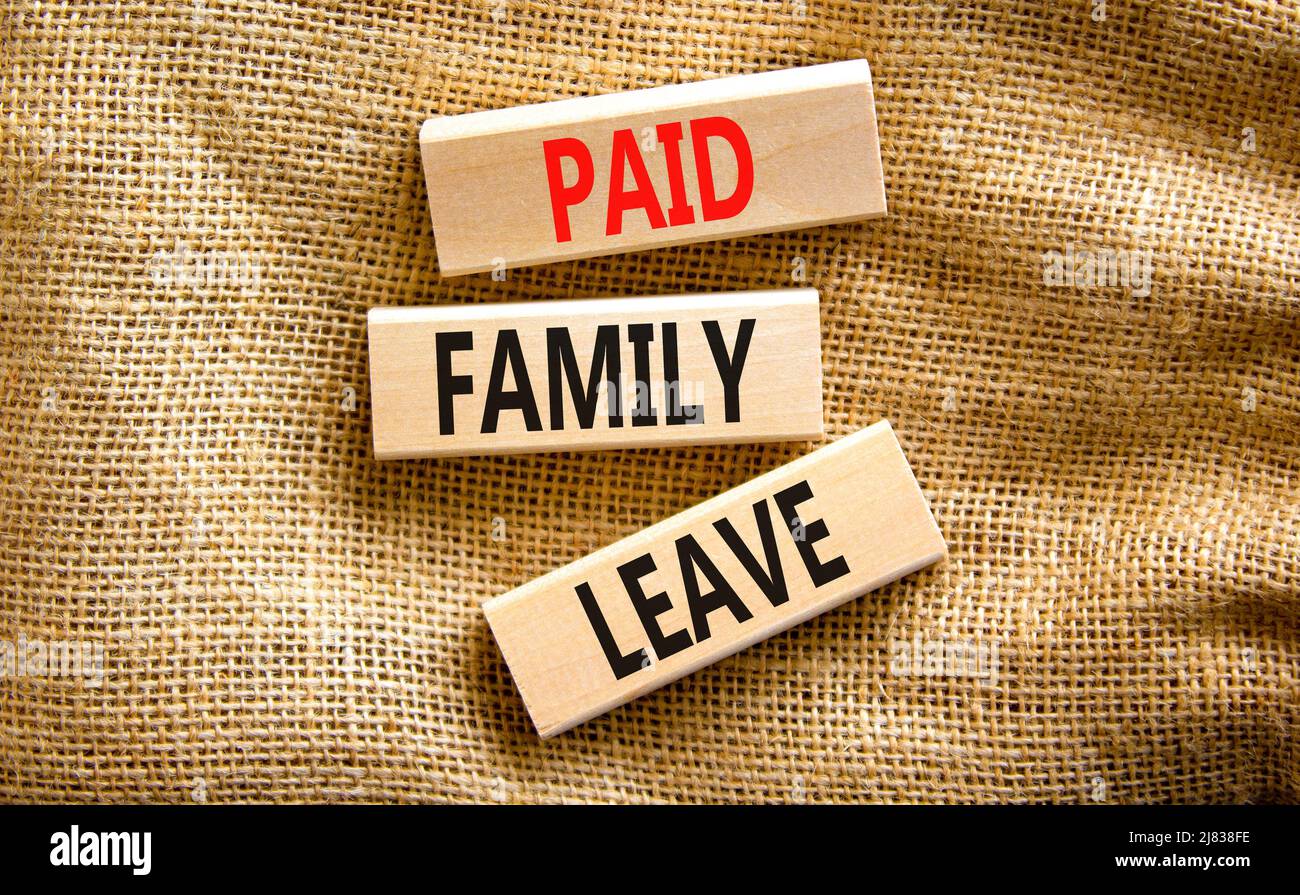

344) grants tax credits for employers who pay 100% wage replacement for family and medical leave for their employees. In last year’s Congress, the Strong Families Act (S. There have been several recent federal proposals related to paid family leave. The United States is the only Organization for Economic Co-operation and Development (OECD) country that does not guarantee paid family leave. Washington state and the District of Columbia have passed laws that have yet to take effect. According to the Bureau of Labor Statistics’ National Compensation Survey, only 14% of workers have access to paid family leave, compared to 88% of workers who have access to unpaid family leave.¹ Although 82% of American workers support paid family leave, they are divided roughly equally in preferring a federal mandate for paid family leave or allowing employers to choose for themselves.² Only four states – California, New Jersey, Rhode Island, and New York – along with some cities and counties, have implemented paid family leave laws. There is no federal law requiring paid family and medical leave, but members of the administration and members of Congress have expressed interest in the issue. Finally, in the 2017 tax reform debates, the USCCB supported the provision in the Senate bill that provides tax incentives to employers who provide paid family and medical leave, which did become part of the final tax law. The USCCB also supported the Healthy Families Act of 2005, which would have provided a minimum of seven days of paid sick leave per year to full-time workers, but the legislation did not pass. Parents should not worry about losing their jobs when they welcome a new child, nurse a sick spouse, or comfort a dying parent”). The bishops’ conference had long supported the principle of family leave before the FMLA became law, as reflected in their statements, Economic Justice for All (207-208) and Putting Children and Families First (“For seven years our conference has called for a law to protect people who have to take time away from their jobs to handle serious family responsibilities.

Following the passage of the Family and Medical Leave Act of 1993 (FMLA), all qualified employees in the United States are entitled to 12 weeks of unpaid leave for family or medical reasons, including for the serious health condition of the employee, parent, spouse or child, pregnancy or care of a newborn child, or for the adoption or foster care of a child.


 0 kommentar(er)
0 kommentar(er)
